India's food choices are at risk because people there eat too much sugar and don't know how safe cooking oils are. The Indian Council of Medical Research (ICMR) has suggested new rules that say people should eat less sugar and learn more about how safe cooking oils are because they contain chemicals like 3-MCPD and GE that are bad for you. Processed oils contain chemicals that are bad for you and can cause a lot of damage to your kidneys.
Concerns about sugar intake are growing
ICMR's Revised Dietary Guidelines
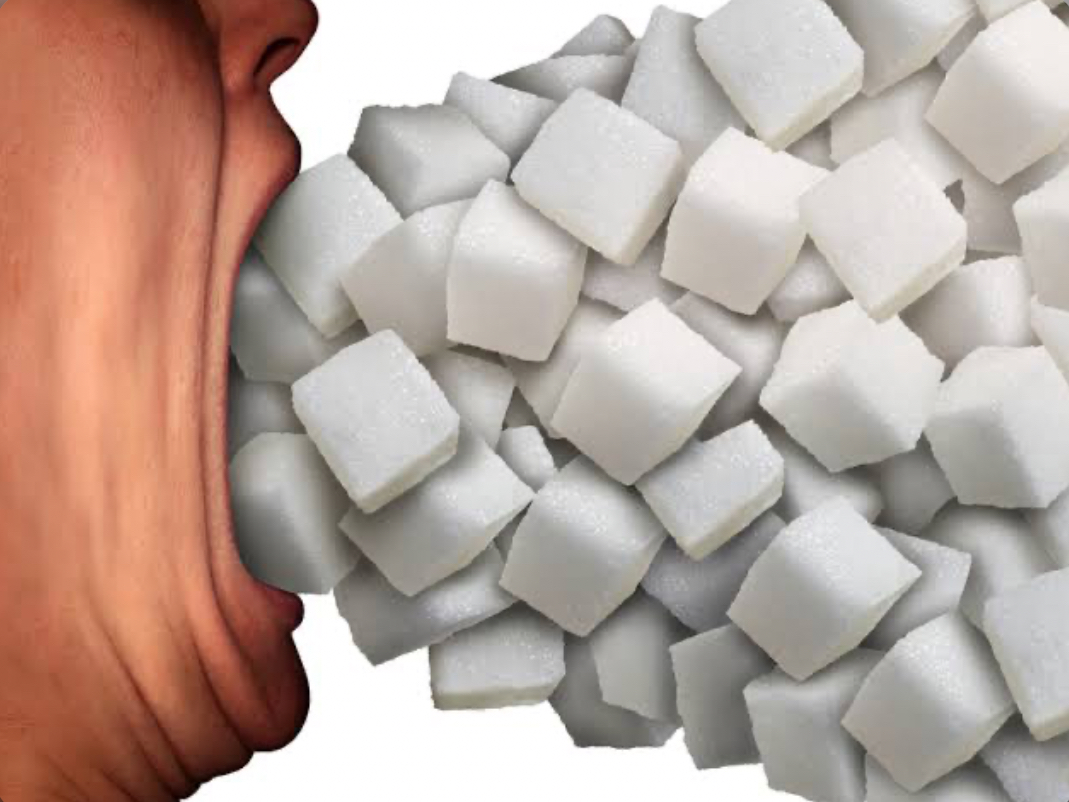
India's dietary habits are undergoing significant scrutiny as the ICMR proposes new limits on sugar content in packaged foods and beverages. The revised guidelines are a shift from the traditional focus on calorie intake to specific thresholds for added and total sugars. These changes aim to address the growing concern over the negative health impacts of excessive sugar consumption.
The Impact of Consuming Too Much Sugar on Health
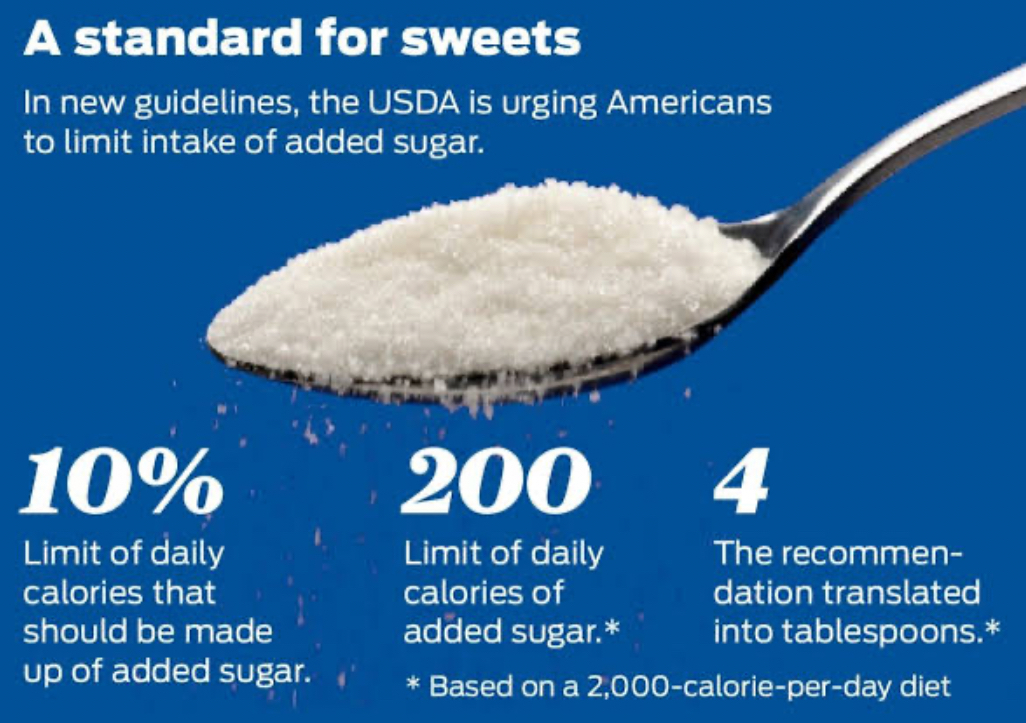
Abundant sugar consumption has been linked to many health problems, including obesity, type 2 diabetes, heart disease, and tooth issues. High-sugar diets can also cause metabolic syndrome, which raises the chance of stroke and liver disease. The hidden sugars in many packaged foods exacerbate these risks by contributing to overall sugar consumption without consumer awareness.
Cooking Oils: 3-MCPD and GE's Hidden Dangers
Understanding GE and 3-MCPD
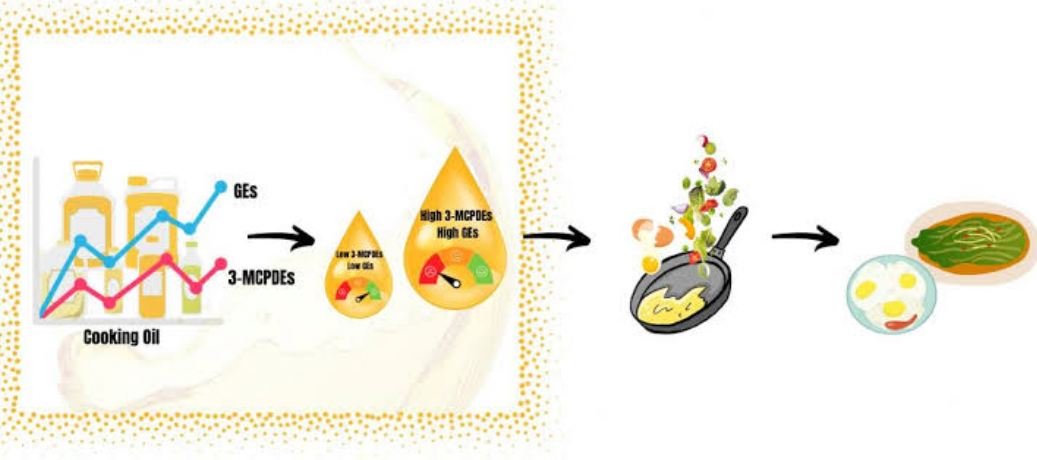
Processing vegetable oil can release the harmful toxins 3-MCPD and GE. Researchers have linked toxic chemicals to serious health problems like cancer and kidney damage. Knowing that these contaminants can be harmful to health, the EU has already set their maximum levels. This is what they are doing to protect customers.
There are concerns about health and regulatory holes in India
The CK Birla Hospital's Dr. Ravindra Gupta stresses how important it is to be aware of the health risks these contaminants in refined oils bring. Both 3MCPD and GE are associated with kidney damage and an increased risk of cancer. Additionally, Dr. Anupam Roy from Venkateshwar Hospital stresses that these toxins are harmful to the kidneys and can cause kidney damage and other serious health problems.
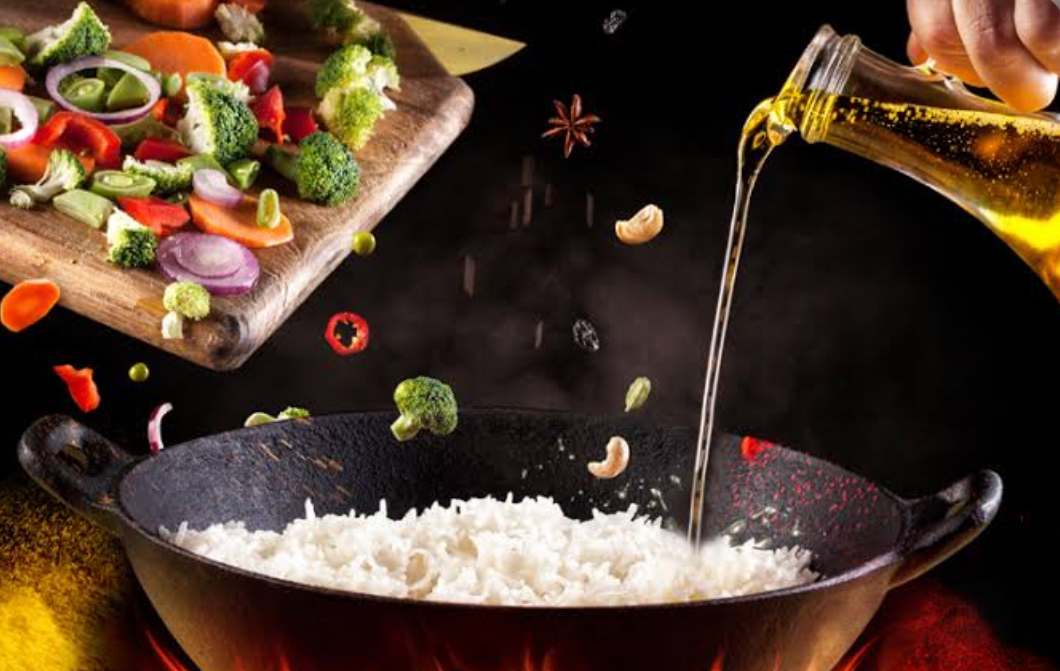
Unlike the EU, which has strict rules, India does not yet have specific rules for 3-MCPD and GE in food oils. India needs to adopt similar regulatory systems to lessen these risks and protect public health.
Kidney Health: The Unseen Victim
The role of the kidneys and how toxins affect them are important topics to discuss
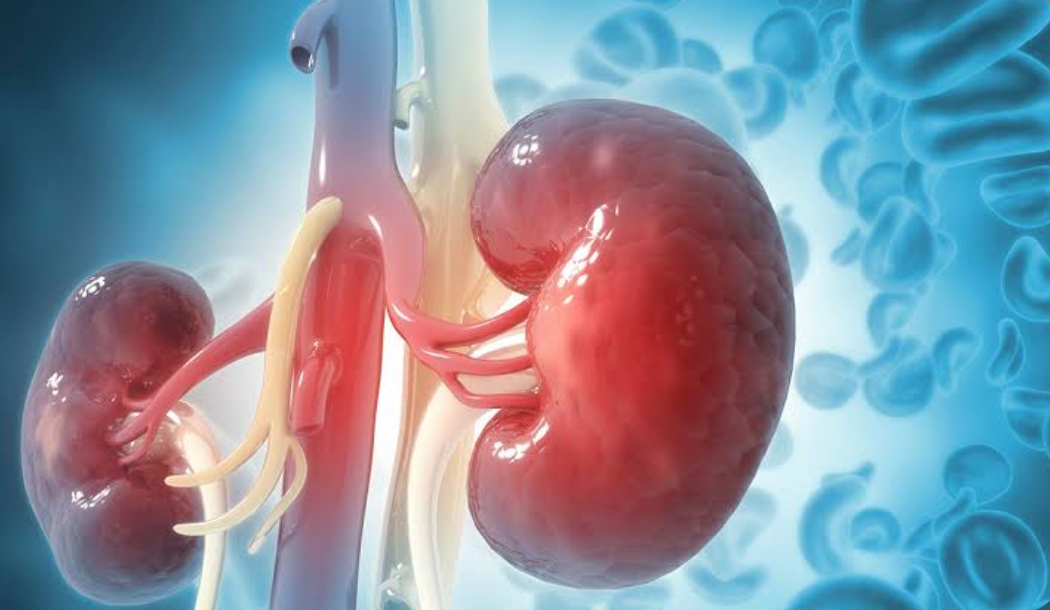
The kidneys take care of cleaning out toxins, keeping the balance of fluids and electrolytes, and controlling blood pressure. Impaired efficiency in these areas can have very bad effects on health. Higher amounts of urea, creatinine, and uric acid in the blood of animals exposed to contaminants like 3-MCPD and GE have a direct effect on kidney health.
Healthy Kidney Preventive Steps
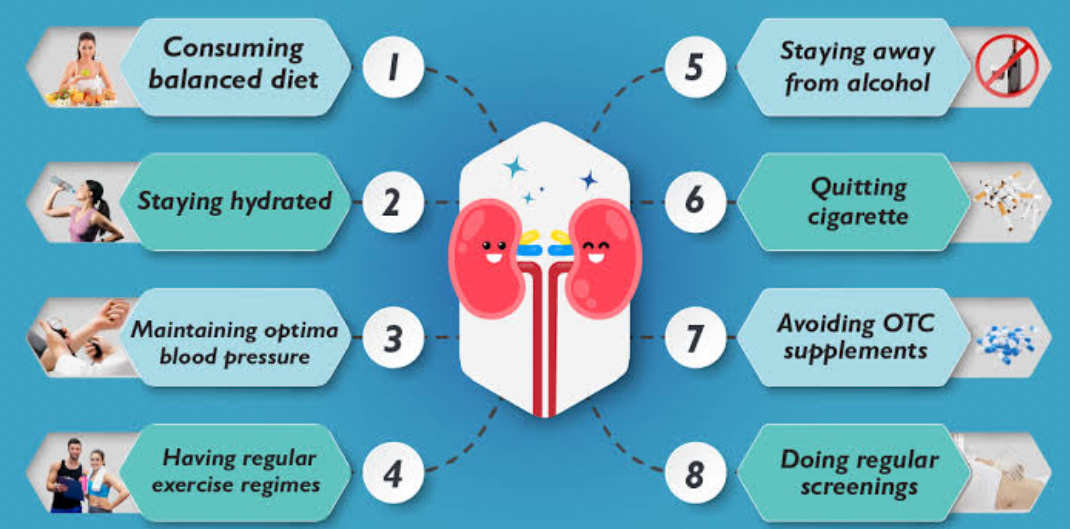
Maintaining kidney health takes a whole-person approach that includes making changes to your diet and getting more exercise. Improving your health by eating a healthy diet, drinking enough water, and limiting your salt and sugar intake are important steps. Regular physical activity and blood sugar control can also prevent kidney diseases.
Moving Towards Safer Food Processing
Wanting consumers to make smart decisions: Watch out for what you eat, especially when you're buying cooking oils and packed foods. Choosing trans-fat-free oils and checking labels to see if they meet EU safety standards for 3-MCPD and GE can greatly lower health risks.
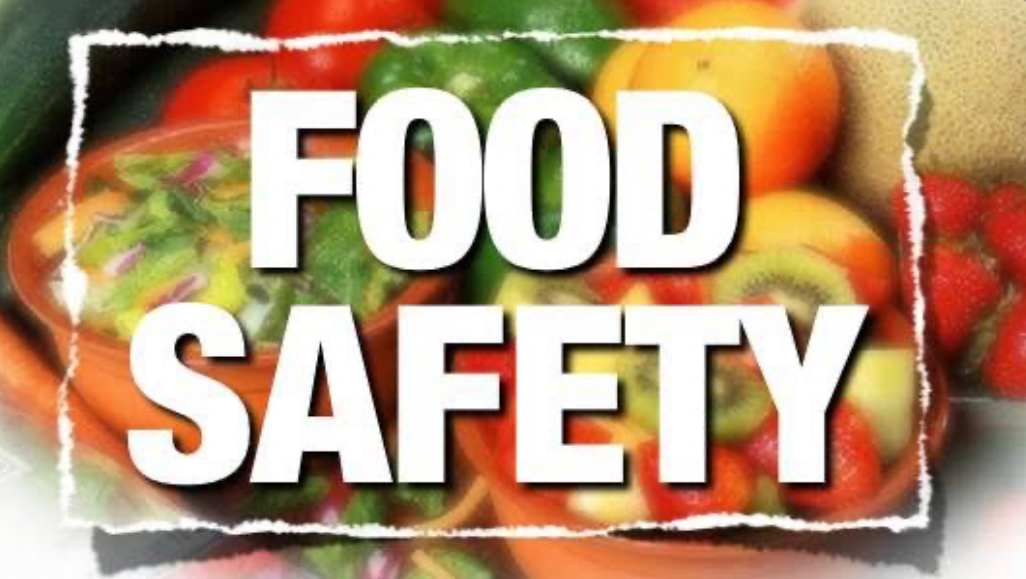
The role of regulatory bodies and businesses
Food companies must take action to stop and lower pollution through 3-MCPD and GE. This includes adhering to safe processing methods and regular monitoring. For India's food items to be safe, the government should put in place strict rules and monitoring systems.
Conclusion
Overeating sugar and using dangerous cooking oils are both big health problems in India. Following the ICMR's suggested rules to limit sugar intake and carefully check the safety of cooking oils can reduce concerns about these risks. If India adopts strict regulatory frameworks, educates consumers, and promotes healthier lifestyle choices, it can protect its people from the harmful health effects of these dietary threats. We need more safe food practices not only for legal reasons but also for the country's overall health.
Image Source: Multiple Agencies
Inputs from Agencies
© Copyright 2024. All Rights Reserved Powered by Vygr Media.


















